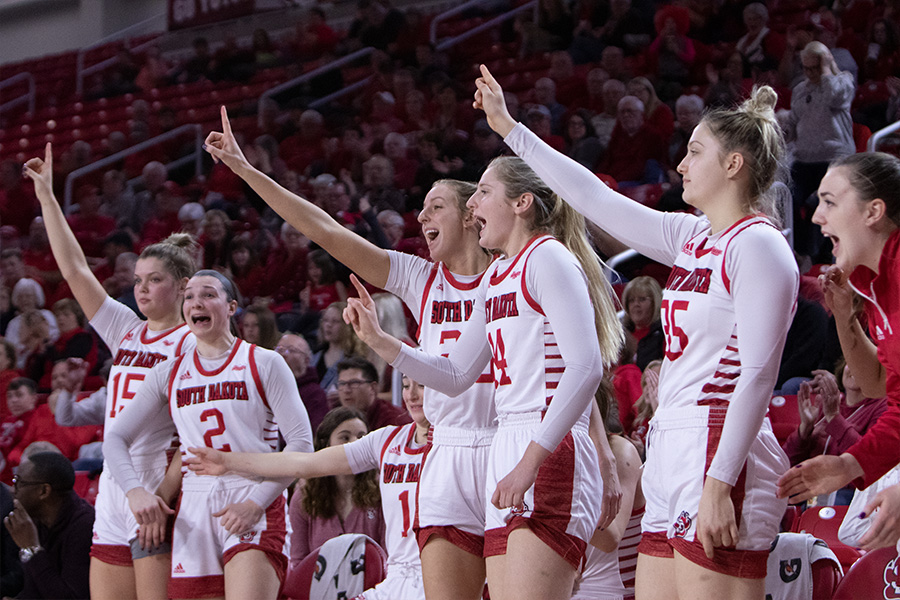South Dakota’s Poet Laureate Finds Inspiration In Ancestry
VERMILLION, S.D. (AP) — Contrary to popular belief, poetry does not just involve rhyming words.
Lee Ann Roripaugh, South Dakota’s new poet laureate, would be the first to say so.
“I typically write in free verse,” Roripaugh explained. “I sometimes do contemporary versions of traditional Japanese. I like the form to fit or grasp the theme I’m working with. Each book I’ve written are about things similar to my style, and each book feels a bit different.”
Since July 1, Roripaugh has formally taken the place of the state’s former poet laureate, David Allan Evans, who had been the state’s poet laureate since 2002, the Yankton Press and Dakotan ( ) reported. Roripaugh’s term will run until 2019.
Born and raised in Wyoming, Roripaugh started writing poetry at a young age using self-help example books, and continued to write for several years. She later developed an interest in music and earned a Bachelor of Music in piano performance at Indiana University in Bloomington, Indiana, eventually obtaining a Master of Music in music history and a Master of Fine Arts in creative writing as well.
Roripaugh continued to write poetry and published her first book, “Beyond Heart Mountain,” in 1999. She has been a professor of English at the University of South Dakota in Vermillion since 2000 and serves as the director of creative writing there, while also serving as editor-in-chief for the South Dakota Review journal.
She has since published three more volumes of poetry, won several writing awards and is currently working on a fourth book about the Fukushima disaster that occurred in Japan in 2011.
Being a second-generation Japanese American plays a large role in Roripaugh’s work.
“I write a lot about identity, tensions and challenges of growing up with a mixed race identity,” she said. “My last book, ‘Dandarions,’ was about language and the way it is learned. I use these word portrayals to show how words were mis-transmitted from my non-English speaking mother in a way that became very real to me and took on their own symbolic weight.”
Roripaugh’s first event as the offical South Dakota poet laureate is the South Dakota Festival of Books at Deadwood and Rapid City in September, where she will be on a panel with the former state poet laureate and the poet laureate finalists.
Roripaugh’s primary duty as the state’s poet laureate is to foster the poetry community. Her plans include traveling throughout the state to give poetry readings, head writing workshops and officiate literary events.
“I think of the Japanese poet Basho, who traveled throughout Japan and collaborated on poems wherever he went,” Roripaugh said. “I like to think of that as a model for my time as South Dakota poet laureate.
“I’m looking forward to meeting people and getting a sense of all the different poetry communities in the state and getting to work with them,” she added.
Asian-American poets have been a huge influence on Roripaugh, mainly due to their familiarity.
“When I first began writing, I wasn’t accustomed to seeing myself represented in literature,” she said. “So being able to read from these authors, particularly poets, gave me a sense that my experiences were representable.”
Roripaugh hopes to give this same sense of inspiration to poets throughout the state.
“I am really honored, thrilled and excited by the opportunities of being the South Dakota poet laureate,” she said.
___
Information from: Yankton Press and Dakotan,


